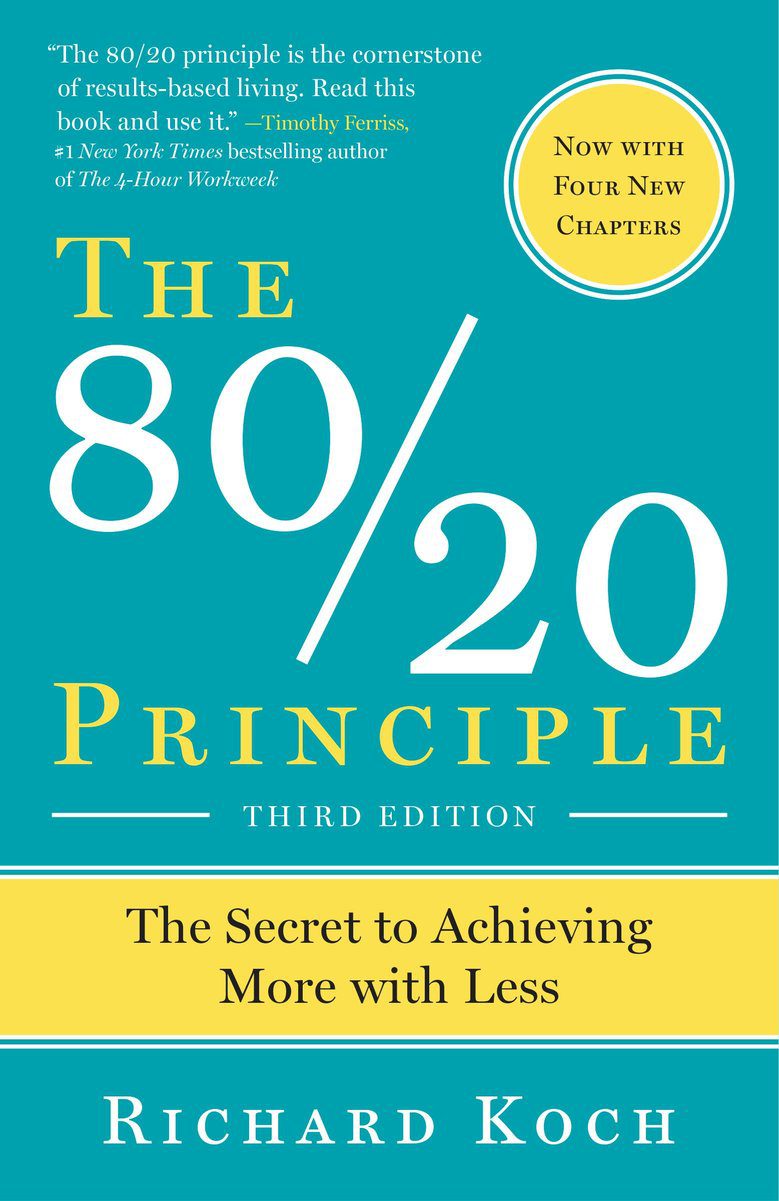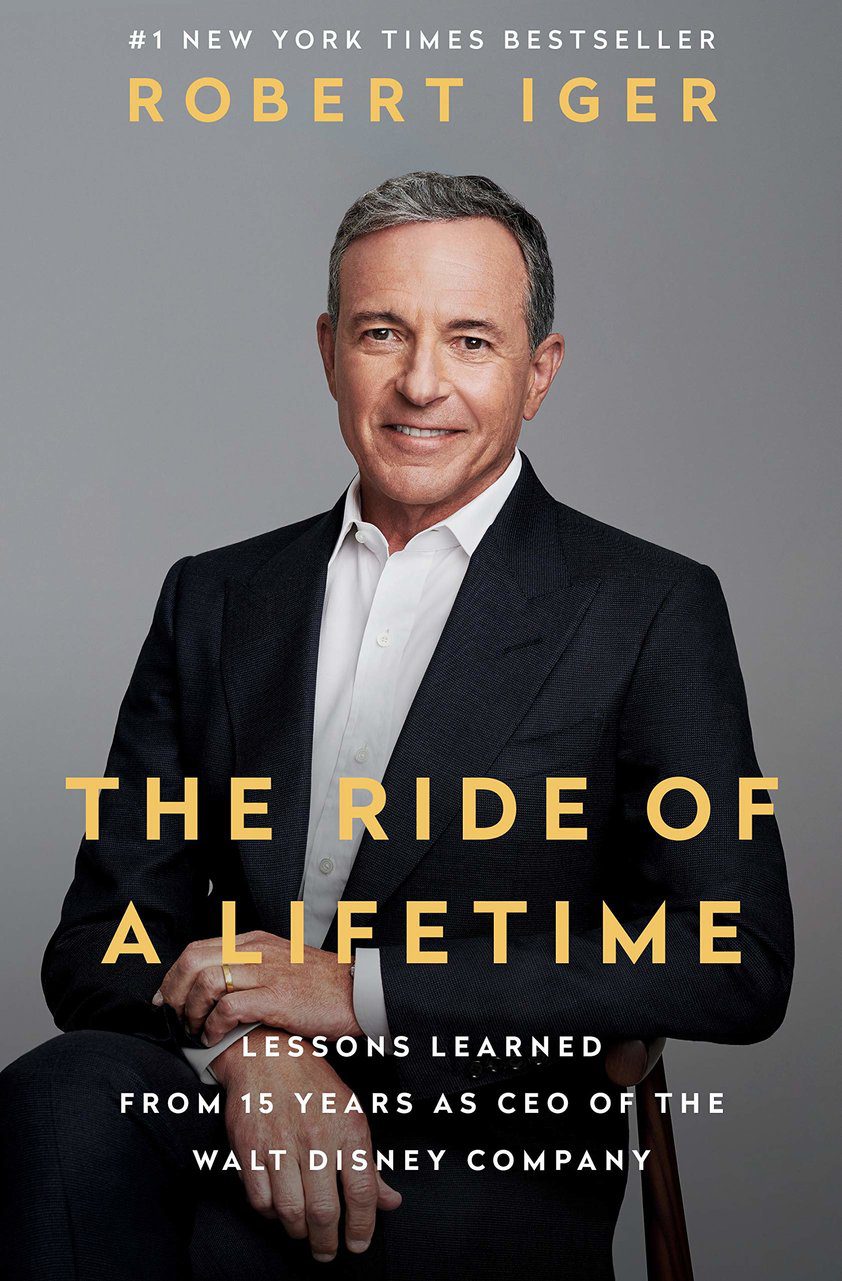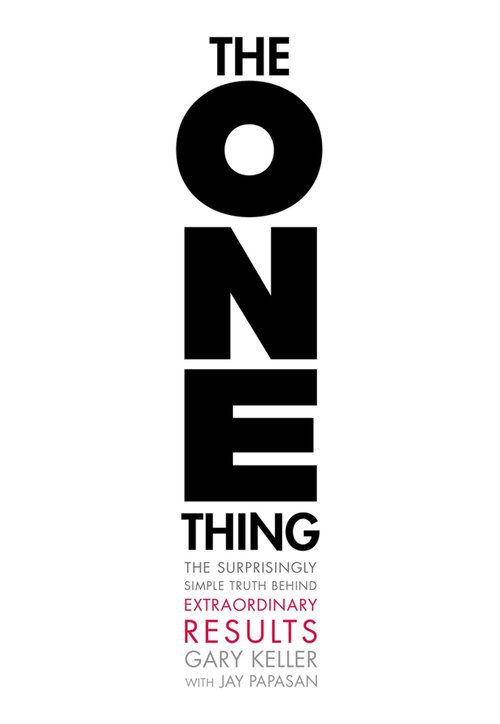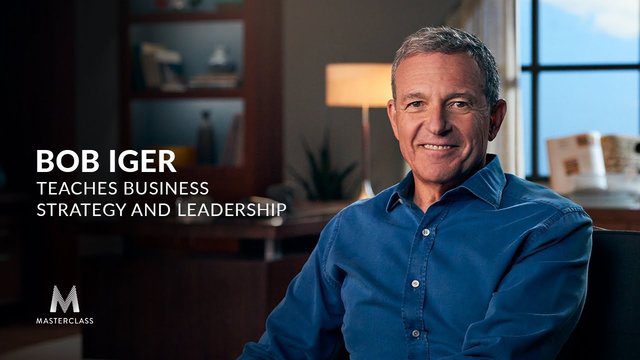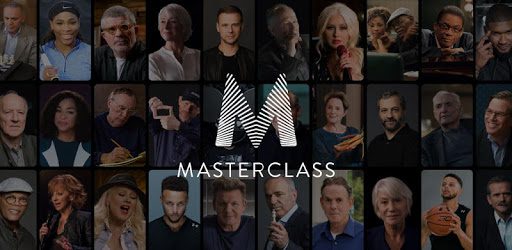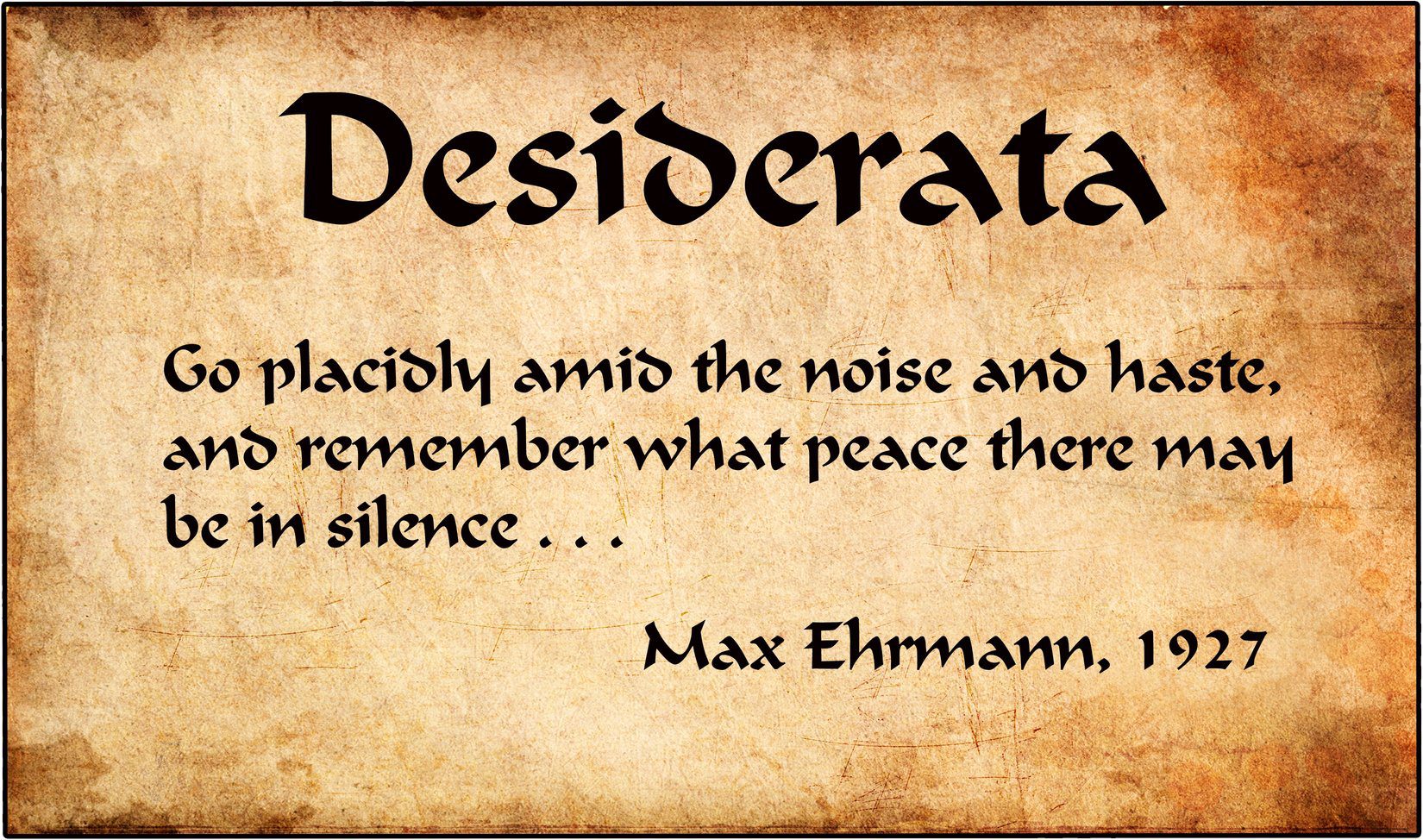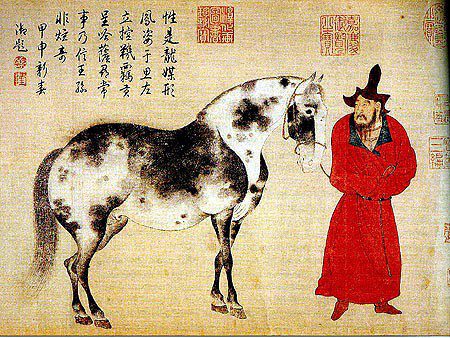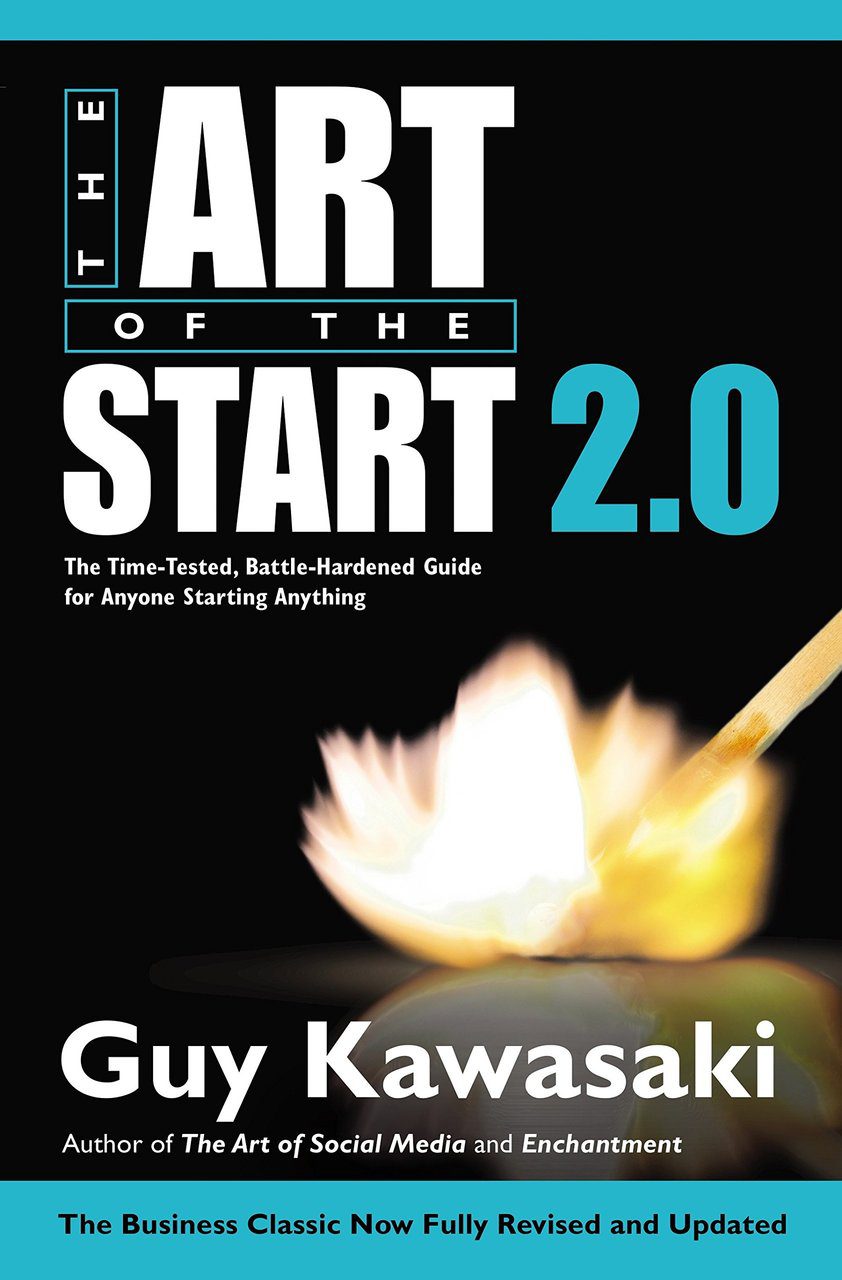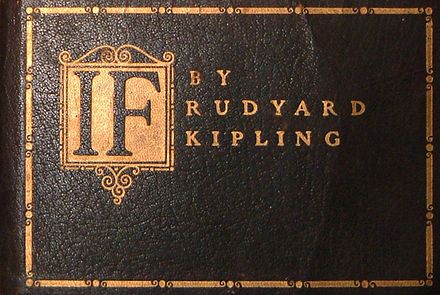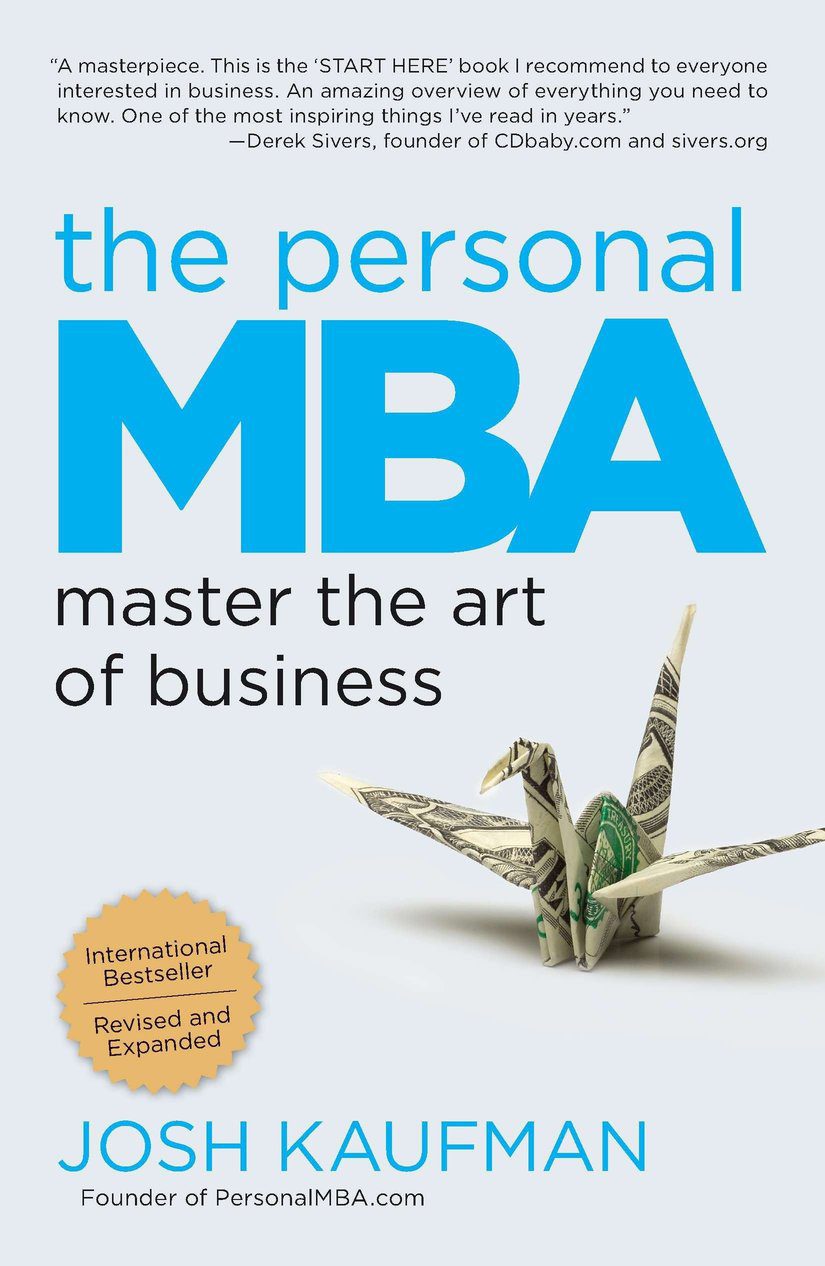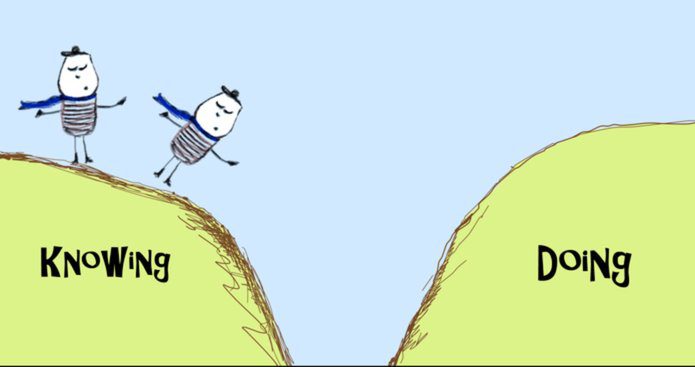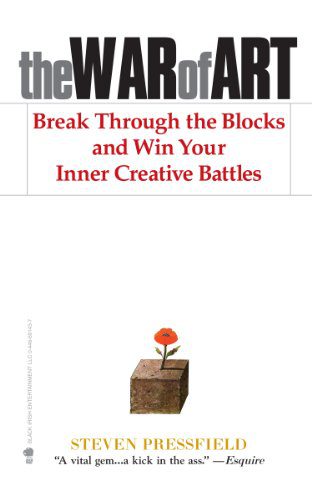William Gladstone, four time Prime Minister of Great Britain was an avid reader of books. He loved books so much that he wrote a book “On Books and the Housing of Them” on how best to house them. He personally amassed 32,000 books in his home at Hawarden Castle, which he had transferred to a public library during his old age.
Today, Gladstone’s Library is a tourist attraction situated at Hawarden in Flintshire, Wales. Together with its historical affinity with the British Prime Minister, the library is active in the local community, making much of its collection available to the public for perusal within the building and lending. The instructions found in this essay influence to this day the management of Gladstone’s book collection. Gladstone’s Library is the UK’s only residential library
Print | Kindle (eBook) | Audiobook
The 80/20 Principle shows how we can achieve much more with much less effort, time, and resources, simply by identifying and focusing our efforts on the 20 percent that really counts.
The unspoken corollary to the 80/20 principle is that little of what we spend our time on actually counts. But by concentrating on those things that do, we can unlock the enormous potential of the magic 20 percent, and transform our effectiveness in our jobs, our careers, our businesses, and our lives.
Conventional wisdom is not to put all your eggs in one basket. 80/20 wisdom is to choose a basket carefully, load all your eggs into it, and then watch it like a hawk.
Here are my favourite takeaways from reading the 80/20 principle:
Print | Kindle (eBook) | Audiobook
In The Ride of a Lifetime, Bob Iger shares the lessons he learned while running Disney and leading its 220,000-plus employees, and he explores the principles that are necessary for true leadership,
The ride of a lifetime book is about the relentless curiosity that has driven Iger for forty-five years, since the day he started as the lowliest studio grunt at ABC. It’s also about thoughtfulness and respect, and a decency-over-dollars approach that has become the bedrock of every project and partnership Iger pursues, from a deep friendship with Steve Jobs in his final years to an abiding love of the Star Wars mythology.
Managing your own time and respecting others’ time is one of the most vital things to do as a manager
Bob Iger is one of my favourite business executive of all time and the Walt Disney Company, a paragon of excellence. In the book, Bob shares a lot of insights such as: fostering curiosity, pursuit of excellence, integrity, taking full responsibility for your actions, decisiveness and candor, I find the Ride of a lifetime by Bob Iger to be a very good read and I would highly recommend it.
Innovate or die, and there’s no innovation if you operate out of fear of the new or untested.
Here are some of my favourite take-aways from reading the Ride of a lifetime by Bob Iger:
Print | Kindle (eBook) | Audiobook
What’s the ONE Thing I can do such that by doing it everything else will be easier or unnecessary?
The ONE Thing by Gary Keller is one of the most important books have ever read. I keep going back to it because it contains lots of gems, anecdotes, insights and strategies on living a more productive life by focusing on ONE thing.
Here are my favourite take aways from Reading the ONE Thing by Gary Keller:
Going Small
“Going small” is ignoring all the things you could do and doing what you should do. It’s recognizing that not all things matter equally and finding the things that matter most. It’s a tighter way to connect what you do with what you want. It’s realizing that extraordinary results are directly determined by how narrow you can make your focus.
I bargained with life for a penny,
And life would pay no more,
However I begged at evening
When I counted my scanty store;
To thine own self be true.
It sounds like a famous-last-words-type claim, but if anyone has the cred to make it, it’s Bob Iger, Chairman and CEO of The Walt Disney Company. Disney is turning profits like no other entertainment company in history—and the company’s rise over the last 15-odd years coincides exactly with the tenure of Bob Iger.
A onetime TV weatherman, Bob landed a job at ABC in 1974 and steadily worked his way up the ranks of the network, mostly in the sports division, before becoming head of ABC Entertainment in 1989.
Five years and a few rungs up the corporate ladder later, he became President and Chief Operating Officer of ABC’s parent company, which was purchased by Disney in 1996. Bob was promoted to President of Walt Disney International in 1999, then to President and COO of The Walt Disney Company as a whole in 2000. In 2005, Bob was selected to succeed Michael Eisner as CEO of Disney, and in less than a year he had mended a fraught relationship with Steve Jobs (more on that later), acquired Pixar Animation Studios, and begun a wholesale transformation of not just Disney, but the entertainment industry as a whole.
One of the most exciting platforms have come to be fascinated by is Masterclass.com. I am in love with this platform because of the wealth of knowledge you can garner from the experts who demistify their thought process. Depending on your interest, the platform provides access to tutorials and lectures pre-recorded by experts in various fields.
Each class has video lessons, exercises, workbooks, and interview sessions with the instructor/Experts such as Malcom Gladwell, Bob Iger,Shonda Rhimes,Serena Willians to name but a few. A typical class has about 10–25 video lessons that are two to five hours in total.
Masterclass.com has a yearly subscription model with 2 passes (with access to all classes) for $USD 180. You might be wondering, is it worth it? I think so – to learn from the best in the game from Sports to Writing to Business. If you put the price in perspective, $180/year = $15/month = $4/week
I remind myself every morning: Nothing I say this day will teach me anything. So if I’m going to learn, I must do it by listening. – Larry King
I am not the best of listener, it is a weakness am taking conscious effort in trying to remedy. It is a constant battle for me to stay silent when someone is speaking. It is a life long journey, just like any habit. You can Learn and Unlearn any thing you put your mind into.
I am committing to Listening for a change. Here are some thoughts and insights on Listening that could help:
In the Contranian’s Guide to Leadership, Steven B. Sample wrote :The average person suffers from three delusions:
- That he is a good driver
- That he has a good sense of humor
- That he is a good listener
The biggest mistake you can make in trying to talk convincingly is to put your highest priority on expressing your ideas and feelings. What most people really want is to be listened to, respected, and understood. The moment people see that they are being understood, they become more motivated to understand your point of view. – David D. Burns (Psychiatrist and Author)
John Maxwell in his Book, the leaders greatest return, shares a joke about listening:
We hear half of what what is being said, listen to half of what we hear, understand half of that, believe half of that, and remember only half of that. If you translate those assumptions into an eight hour workday, here is what what would mean:
- You spend about four hours listening
- You hear about two hour of what is said
- You actually listen to an hour of that
- You understand only thirty minutes of that
- You believe only fifteen minutes of that
- And you remember only seven and a half minutes of it.
Speak your truth quietly and clearly; and listen to others, even to the dull and the ignorant; they too have their story
Title: Desiderata (Latin: “things desired”)
Author: American writer Max Ehrmann.
Year of Publication: 1927
- GO PLACIDLY amid the noise and the haste, and remember what peace there may be in silence. As far as possible, without surrender, be on good terms with all persons.
- Speak your truth quietly and clearly; and listen to others, even to the dull and the ignorant; they too have their story.
- Avoid loud and aggressive persons; they are vexatious to the spirit. If you compare yourself with others, you may become vain or bitter, for always there will be greater and lesser persons than yourself.
- Enjoy your achievements as well as your plans. Keep interested in your own career, however humble; it is a real possession in the changing fortunes of time.
A farmer had only one horse. One day, his horse ran away.
His neighbors said, “I’m so sorry. This is such bad news. You must be so upset.”
The man just said, “We’ll see.”
A few days later, his horse came back with twenty wild horses following. The man and his son corralled all twenty-one horses.
His neighbors said, “Congratulations! This is such good news. You must be so happy!”
The man just said, “We’ll see.”
Print | Kindle (eBook) | Audiobook
You don’t have to be great to start, but you have to start to be great– Zig Ziglar
I first read the Art of the Start 1.0 by Guy Kawasaki around 2008 and it left a great impression on me. The Art of the Start 2.0 is the revised version which according to Guy is 64 percent longer than the original Art of the Start. The Book is one of my all-time favorite book on Entrepreneurship as it distill insights and practical advice on Entrepreneurship, Fund Raising, Boot Strapping, Pitching, Social Media and many other topics.
Here are my Favourite Take Aways from Reading: Art of the Start 2.0: The Time-Tested, Battle-Hardened Guide for Anyone Starting Anything.
If you are not embarrassed by the first version of your product, you’ve launched too late.—Reid Hoffman
- The first version of a product is always flawed, but how it evolves is as important as how it begins. The fortunate startups are the ones who are still around because they eventually got the product and business model right, so give yourself a break.
- Entrepreneurship is at its best when it alters the future, and it alters the future when it jumps curves.
Title: If
Author: British Nobel laureate Rudyard Kipling
Form: Written in the form of paternal advice to the poet’s son, John Kipling.
If you can keep your head when all about you
Are losing theirs and blaming it on you;
If you can trust yourself when all men doubt you,
But make allowance for their doubting too:
If you can wait and not be tired by waiting,
Or, being lied about, don’t deal in lies,
Or being hated don’t give way to hating,
And yet don’t look too good, nor talk too wise;
You wasted $150,000 on an education you coulda got for a buck fifty in late charges at the public library.”Will Hunting (played by Matt Damon), Good Will Hunting
I absolutely enjoy recommendations/lists for a lot of activities and I absolutely love the Personal MBA list which is a project designed to help you educate yourself about advanced business concepts.
The Personal MBA features the very best business books available, based on over ten years and thousands of hours of research. So skip business school and the $150,000 loan: you can get a world-class business education own your own at very low cost by reading the best business books.
The Personal MBA List is curated by Bestselling Author Josh Kauffman and he also authored a book with the same title, The Personal MBA: Master the Art of Business.
I have been following the Personal MBA List for quite a while and I have read some of the books on the list. I would be reading more books from the list this year and am looking forward to sharing the insights gained from the books as I read them.
“If I read a book that cost me $20 and I get one good idea, I’ve gotten one of the greatest bargains of all time.”Tom Peters, bestselling business author
Here are the 99 business books The Personal MBA officially recommends;
The person who says he knows what he thinks but cannot express it usually does not know what he thinks.- Mortimer J. Adler
It is often said that when the learner is ready, the teacher arrives. I have found this to be very true, I have been on a deliberate journey of personal self-development since 2004.
I started with books such As a man Thinketh, Think and Grow Rich, The Enemy called average, Psycho-Cybernetics 2000, Flow: The Psychology of Optimal Experience., Rich Dad, Poor Dad, Awakening the giant within to name but a few.
What I have come to realize from reading at least 500+ books and listening to 100+ Audiobooks is that when you are not ready for a concept it would fly over your head but with repeated exposure and repetition, you eventually get it and begin to act. Learning is said to be a change in behaviour, you have not really learnt anything if you don’t act.
Knowing is not enough; we must apply. Willing is not enough; we must do. – Johann Wolfgang von Goethe
In their Coursera Course, Learning How to Learn, Barb Oakley and Terry Sejnowski, shares the research work of Jeffrey D. Karpicke on the Illusion of Incompetence:
- Seeing information in front of you such as reading a book. Doesn’t mean you know it
- Seeing or hearing someone come to a conclusion does not mean you know how to get to that conclusion or explain their argument
- Searching for something on google gives the illusion that the information is in your brain
- Spending lots of time with a material doesn’t mean you know it
The greatest enemy of knowledge is not ignorance; it is the illusion of knowledge. —Daniel J. Boorstin
There’s a secret that real writers know that wannabe writers don’t, and the secret is this: It’s not the writing part that’s hard. What’s hard is sitting down to write. What keeps us from sitting down is Resistance.
Most of us have two lives. The life we live, and the unlived life within us. Between the two stands Resistance.
Print | Kindle (eBook) | Audiobook
The War of Art by Steven Pressfield is one of those rare books have read more than 3 times, I personally like the book as it explores the challenges most creatives encounter with an emphasis on Resistance.The War of Art book is divided into three parts:
- Book One: Resistance : Defining the Enemy
- Book Two: Combating Resistance : Turning Pro
- Book Three: Beyond Resistance : Higher Realm
Steven Pressfield has written a triology on the topic starting with :
- War of Art which deals with Resistance to creative work and pursuit. The key to defying Resistance is to
- Do the Work: Overcome Resistance and Get Out of Your Own Way and
- Turning Pro: Tap Your Inner Power and Create Your Life’s Work.
In Part One, Pressfield defines the enemy of creativity which he labels Resistance.
Most of us have two lives. The life we live, and the unlived life within us. Between the two stands Resistance.
- Have you ever brought home a treadmill and let it gather dust in the attic? Ever quit a diet, a course of yoga, a meditation practice?

